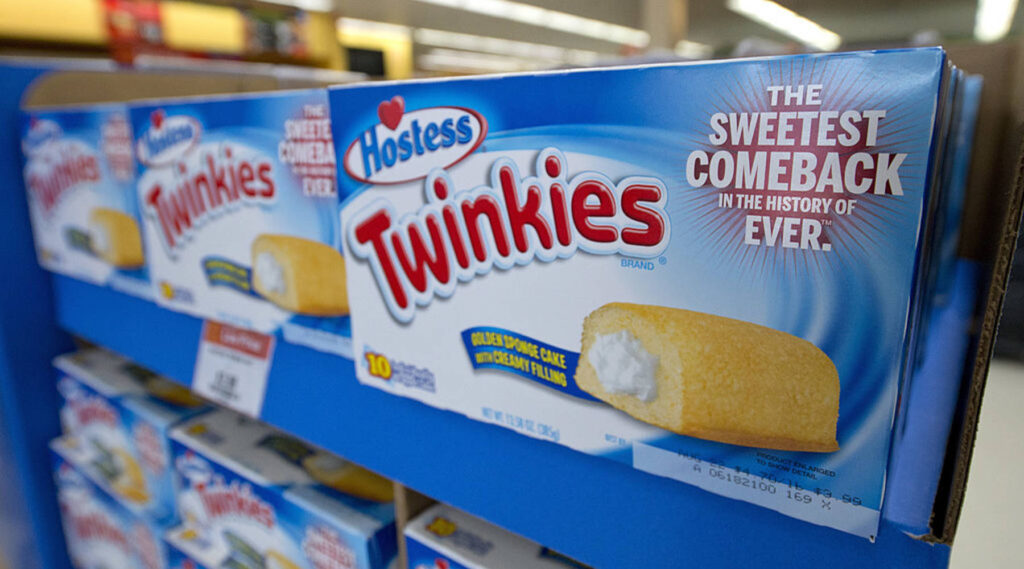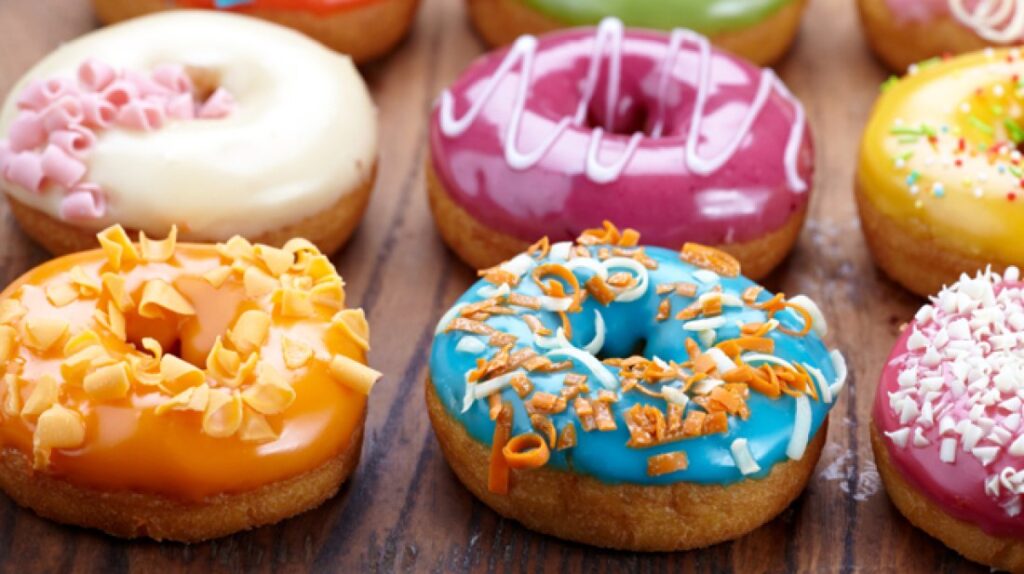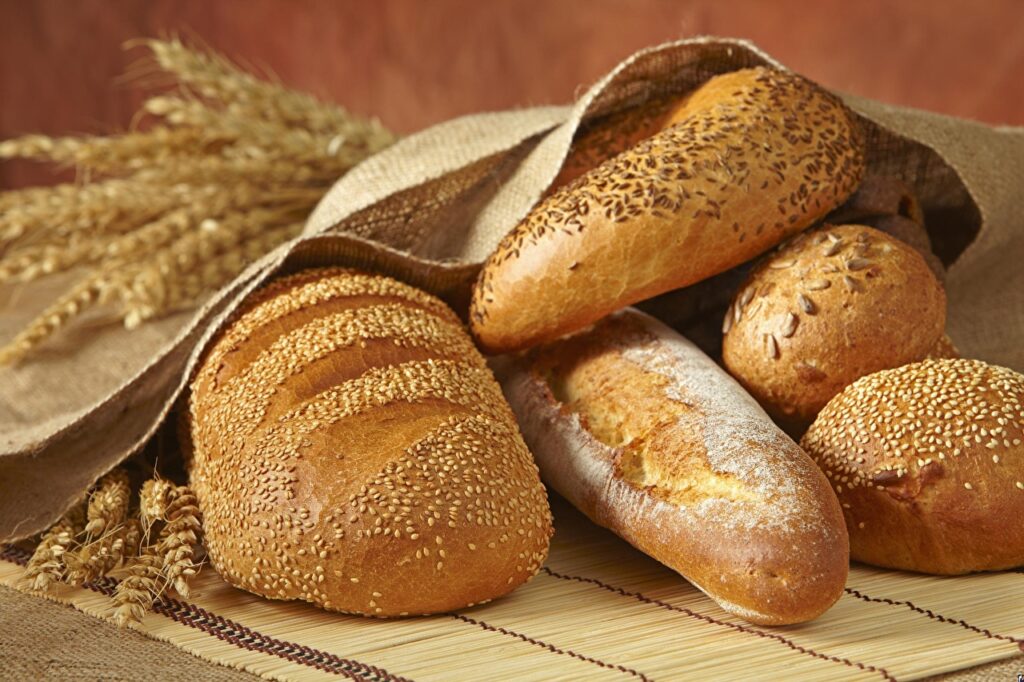
You…
– have been eating clean and healthy
– have cut down the carbs/ fats
– have eliminated the sugars from your diet
– eat small frequent meals or just three large meals
– never eat before 10 am/ after 6 pm
– do cardio for weight loss
– do strength training to build muscle
Wow!!! Sounds perfectly healthy! But some of you are losing weight while others aren’t. If this is the perfect formula, then it should be working for everyone. So what’s the truth about this fat loss formula?
The TRUTH is that NONE of these things CAUSE FAT LOSS !!!
This is where you say – Hey! Wait a minute! I have done these things and lost weight! Or at least I know many people who have.
Well! Note that I did not say they do not help with weight loss. I said, “they do not CAUSE fat loss.” The above list is just the little things that assist in your weight loss journey. They can help speed up the process if you are on the right track. But then, you needn’t really sweat the small stuff.
You can do the opposite of the things mentioned on the list – not exercise, eat fat, carbs, or even sugary processed junk food late at night, and still lose weight – because the key to weight loss is something else entirely.
The golden key to fat loss
The Golden Key is – creating a calorie deficit.
Yes! It means eating less!
Less of what? Carbs? Fats?
Again the truth is – it doesn’t matter what junk you eat – if there is a calorie deficit – YOU WILL LOSE WEIGHT!
That said, eating junk food is not a healthy way to live and it can lead to many other health problems. But the takeaway here is that – it’s not what you eat – it’s how many calories you take, in comparison to how much you burn – that determines whether you lose or gain weight.
Calories are units of energy. The calorie content of a food item indicates how much energy your body could get from eating or drinking it. Every activity your body performs – all bodily functions from your breathing and the heart beating to simple activities like talking and intense exercises like running – burns calories to derive the energy for the action.
A calorie deficit is created when you burn more calories than you consume. It is the one and only scientifically proven “secret” to losing fat.
The energy laws of physics – in simple language
This key is based on the first law of thermodynamics – Energy can neither be created nor destroyed; rather, it transforms from one form to another. Every high school kid knows this. [I hope you do.]
As with every other claim on the internet, you will find a lot of contradictory data out there on how the laws of thermodynamics affect weight loss. But let’s just use our common sense here…
The maintenance level of calories
If you eat 100 calories worth of food and your body burns 100 calories for a certain function – you neither gain nor lose weight.
As per the first law of thermodynamics stated above – the energy derived from the food was transformed into the physical energy required to execute that function. So if you eat a certain amount of calories a day and it maintains your current weight level – then that’s your maintenance level of calories.
On average, a man needs around 2,500 calories a day to maintain his weight. For a woman, that figure is around 2,000 calories. These values vary depending on many factors like age, metabolism, levels of physical activity, etc.
Caloric surplus leads to fat gain
If you eat 100 calories more than your body needs for maintenance, that’s caloric surplus. Now since this energy is not used and it cannot be destroyed [the first law of thermodynamics], it gets transformed and stored up as – you guessed it -FAT!
This is the one and only way you can get fat. Stop blaming everything else under the sun for your weight gain.
There are many other factors, like hypothyroidism, that lead to slow metabolism, which in turn reduces the number of calories you burn – leading to a caloric surplus and ultimately fat gain. But the laws of physics don’t change, whatever your excuses are – if you eat more calories than your body burns- you will get more fat!
Caloric deficit – The golden key to fat loss
Now let’s do some simple math.
You eat 1000 calories and your maintenance level is 2000 calories. Your body burns through the 1000 calories and then turns to the stored energy source in the body for the remaining 1000 calories of fuel. This means 1000 calories worth of energy reserves get burned up leading to FAT LOSS!
Now, it’s not really that simple, there is some complicated fine print involved that tells you you don’t get the full 1000-calorie fat loss deal. The second law of thermodynamics comes into play here – it tells you that as energy is transferred or transformed, some of it gets wasted.
Consider this study on Thermodynamics and Metabolic Advantages of Weight Loss Diets (1). This is about how a low carbohydrate diet can give you an advantage over a high carbohydrate one. It says:
“Energy utilization of different diets depends on the chemical pathway taken and metabolic analysis of the efficiency of different pathways reveals large differences. Likewise, thermogenesis produced by diets of different macronutrient composition varies widely.”
My point here is that, though the study is supportive of the whole idea of thermodynamics and weight loss – going into the finer details like low carb or high carb can complicate the scenario and make you lose sight of the big picture. Let’s just keep the math simple for now and get the fundamentals in place.
2000 calories for maintenance = 1000 calories from food eaten + 1000 calories from stored energy.
All these fine print studies and the second law of thermodynamics tell you that the math isn’t that simple – You didn’t exactly burn 1000 calories of stored fat, but you may have burned some more or less than the figure you arrived at with the simple math, depending on ‘n’ number of variable factors.
Big deal! That’s still a solid amount of FAT LOSS. A little more or less doesn’t really matter that much. That’s the big picture you need to keep in sight.
Irrespective of the source of your calories, you will lose weight if you create a calorie deficit. This is the TRUTH about the overall picture of fat loss. The source of the calories – carbs, fats, protein, junk – or the time you consume it – can speed up or slow down the process – but they do not cause fat loss.
I repeat – Only a calorie deficit can create fat loss.
Does exercise cause fat loss?

No! Exercise does not cause fat loss!
But exercise can help create a calorie deficit that is required for fat loss.
There are two ways to create the calorie deficit –
- Eat fewer calories to create the calorie deficit
- Burn more calories than you eat
But what you need to clearly understand is that – fat loss is independent of the method used for weight loss- it depends only on the energy deficit.
Here’s a study to drive home that point – a research carried out by the Division of Sports Medicine, Medical University Vienna compared the effects of 2 different fat reduction programs with the same amount of energy deficit on body composition, lipid profile, and cardiorespiratory fitness in 20 moderately obese women (2).
The first group created the calorie deficit by eating less while the second group used both diet and aerobic training to create the same amount of calorie deficit. At the end of the 8-week trial, the group that did not exercise had lost similar amounts of weight and body fat as that of the group which combined aerobic training with their diets.
The science behind any fancy weight loss diet that works
Though it may not seem so obvious to most people, if the diet works – it is because a calorie deficit is being created, knowingly, or unknowingly. Every diet works by reducing calories in some way or the other.
Whether it’s low carb or low-fat diet, no processed food, no junk food, no sugars, no snacking, no fried foods, no grains, a vegan diet, raw food diet, paleo diet, or any other diet for that matter – it worked only because you were eating lesser calories.
And for those who bemoan their fate of not having lost any weight despite doing all of the above, or maybe even gained some more – it was because they ate too much of what was allowed in their diets to a point where there was no calorie deficit or even a calorie surplus.
Let’s clear up some major weight loss diet myths here:
1. Don’t eat junk/processed foods if you want to lose weight

The infamous Twinkie Diet can give you the answer to this one (3). According to the CNN report
“For 10 weeks, Mark Haub, a professor of human nutrition at Kansas State University, ate one of these sugary cakelets every three hours, instead of meals. To add variety to his steady stream of Hostess and Little Debbie snacks, Haub munched on Doritos chips, sugary cereals, and Oreos, too.
His premise: In weight loss, pure calorie counting is what matters most – not the nutritional value of the food.
The premise held up: On his “convenience store diet,” he shed 27 pounds in two months.”
Professor Haub’s average daily intake of calories and macronutrients over the 10 weeks he’s been on the diet (4):
Calories: 1457, Fat (g): 61, Carbohydrate (g): 173, Protein (g): 54
Considering that a man of Haub’s pre-dieting size usually consumes about 2,600 calories daily, the Twinkie diet was a success because it created close to a 1,000-calorie deficit a day. As long as a calorie deficit is created you will lose weight- irrespective of how the deficit is created – even if it was created by eating processed junk food. If you eat enough junk food to create a calorie surplus, you gain weight.
Please note that we are only talking about the science behind weight loss here. Eating junk food regularly can lead to a host of other health problems. I definitely do not recommend it as a part of a healthy weight loss plan.
2. Diet combinations: Can you eat carbohydrates with fat or protein

In a study that evaluated the effect of two diets (‘food combining’ or dissociated vs balanced) on body weight and metabolic parameters, 54 obese patients were randomly assigned to receive diets containing 1100 kcal/day (5).
Some were served balanced meals with protein, fat, and carbs together while the remaining were served food with their carb and fat calories separated so that they were eaten at different times of the day- not together.
The study concluded that at identical energy intake and similar substrate composition [same amounts of total protein, fat, and carbohydrate], the food-combining diet did not bring any additional loss in weight and body fat.
This means it doesn’t matter how you combine the foods you eat or when you eat them – as long as there is a calorie deficit you will lose weight.
3. High sugar diet versus low sugar diet

Instead of fats being the bad guy, the spotlight has almost completely shifted to sugar these days. We are all being encouraged to cut down our sugar intake and to avoid sugar altogether if possible. We can also find a wide range of food products ranging from sugar-free protein powders to even sugar-free desserts. But is it really necessary to go on a low-sugar diet?
A study carried out by the Department of Psychiatry and Behavioral Sciences, Duke University Medical Center in Durham recorded the comparative effects of high and low sucrose, low fat, hypo-energetic diets on a variety of metabolic and behavioral indexes (6).
Twenty women were given a high-sucrose diet which contained 43% of the total daily energy intake as sucrose. Another 22 women were offered a low-sucrose diet which contained 4% of the total daily energy intake as sucrose.
The results of this 6-week weight-loss program showed that a high sucrose content in a hypo-energetic, low-fat diet did not adversely affect weight loss, metabolism, plasma lipids, or emotional affect.
Even though one group had very high levels of sugar intake, they lost the same amount of weight and body fat as that of the low-sugar group because their total calorie deficits were the same.
Shocking! I know.
4. A very high-carb diet versus a low-carb diet

A study was conducted among 83 subjects who were randomly allocated to one of the 3 weight-loss diets that had the same total calorie content.
- High Carbohydrates with very low fat [70% carbs, 10% fats, 20% protein]
- Moderate Carbohydrates with high unsaturated fat [50% carbs, 30% fats, 20% protein]
- Very Low Carbohydrates with very high unsaturated fat [4% carbs, 61% fats, 35% fats]
The effects of these diets on body composition and cardiovascular risk were recorded for a period of 8 weeks. Though the very low-carb diet showed additional health benefits like improved triglyceride levels and insulin concentrations, the highlight for us is that irrespective of the carbohydrate content, the weight loss results were similar.
5. Meal frequency: 3 meals a day versus 6 meals a day

Sixteen obese adults [8 males and 8 females] participated in a study that investigated whether using a high Meal Frequency could lead to a greater weight loss than that obtained with a low Meal Frequency under conditions of similar energy restriction (7).
Under the same dietary energy restriction, half of the participants were given 3 meals+3 snacks while the remaining 8 were given just 3 big meals a day.
At the end of 8 weeks, both groups showed similar measures of fat loss and overall weight loss. The study concluded that increasing meal frequency did not promote greater body weight loss- the calorie deficit did.
Before you go…
The only magic formula that works in a weight loss plan is – to create a calorie deficit.
There are innumerable ways to create this calorie deficit. Find a healthy and sustainable program to create that calorie deficit. There are unaccountable tips and tricks to speed up this weight loss process, but the point is that- they are all useless if that calorie deficit is not created.
Once you have drilled this fundamental fact of weight loss into your head, I want you to note that unfortunately, all the weight loss is not fat loss. Some of that weight loss comes from water and muscle. So the next thing you need to learn is the best way to lose fat WITHOUT losing muscle.
Read More: Understanding and Preventing Muscle Loss During a Weight Loss Program
